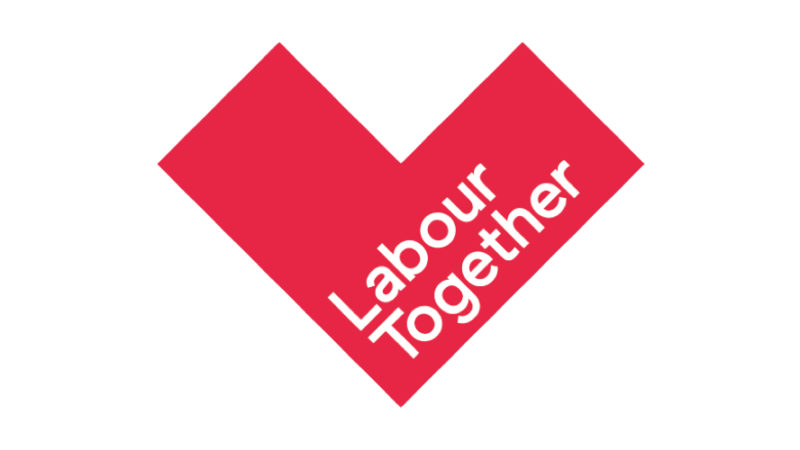
This has been one of the most turbulent weeks in British politics for decades, with eight Labour MPs and three Tories having resigned from their parties. Politics must find answers to the problems faced by this country, or the turbulence will continue.
Our country is deeply divided. Immigration and unprecedented demographic change has led to widespread cultural anxiety over where people belong in the world. A populist mood divides the country into ‘us’ versus ‘them’: rich/poor, young/old, London/the rest of the country, cities/towns, the North/the South, Leavers/Remainers. HOPE not hate has carried out interesting research exploring how to bring people together gain, which Rosie Carter writes about today.
Conflict around identity and culture is a reaction to the disruption created by three decades of global economic change. The transformation of our cities – often to the detriment of our towns – and the cultural and economic devastation caused by deindustrialistion and unemployment have meant, for many, the loss of our grandparents’ ways of life. Jon Cruddas MP and councillor Darren Rodwell explain how they’ve used civic socialism to respond to these disruptions in East London, where gentrification risks pushing out working-class communities.
Our country is changing. People are learning to live with new and different cultures. Many live alongside strangers, separate from their families. Politics today is not just about economic justice and redistribution, but also recognising people’s ways of life and creating a shared sense of belonging. Everyone wants to feel like they belong – we reject the Prime Minister’s ‘citizens of nowhere’ jibe. Brent councillor Promise Knight shares the methods of community organising used in her local area, while Richard and Natalia from Enspiral tell us about the thinking behind ‘microsolidarity’.
Identity politics has become a political buzzword – and a hot-button issue. Is the rise of identity politics a good thing? Has there even been a rise, or has it always played a role in British class politics? Florence Sutcliffe-Braithwaite offers some answers to these key questions. Meanwhile, Gurinder Singh Josan shares his personal perspective on the ‘broad church’ tradition of the Labour Party. Jeremy Corbyn benefited from it as a backbench MP, he argues, and it must continue to be embraced now.
Working together does not mean surrendering our values. Labour must provide spaces in which relationships are formed between those with different views. We must remember that while each of us has our own identity, we also share a common bond.
Sign up to LabourList’s morning email for everything Labour, every weekday morning.



More from LabourList
‘Labour won’t stop the far right by changing leaders — only by proving what the left can deliver’
‘Cutting Welsh university funding would be economic vandalism, not reform’
Sadiq Khan signals he will stand for a fourth term as London Mayor